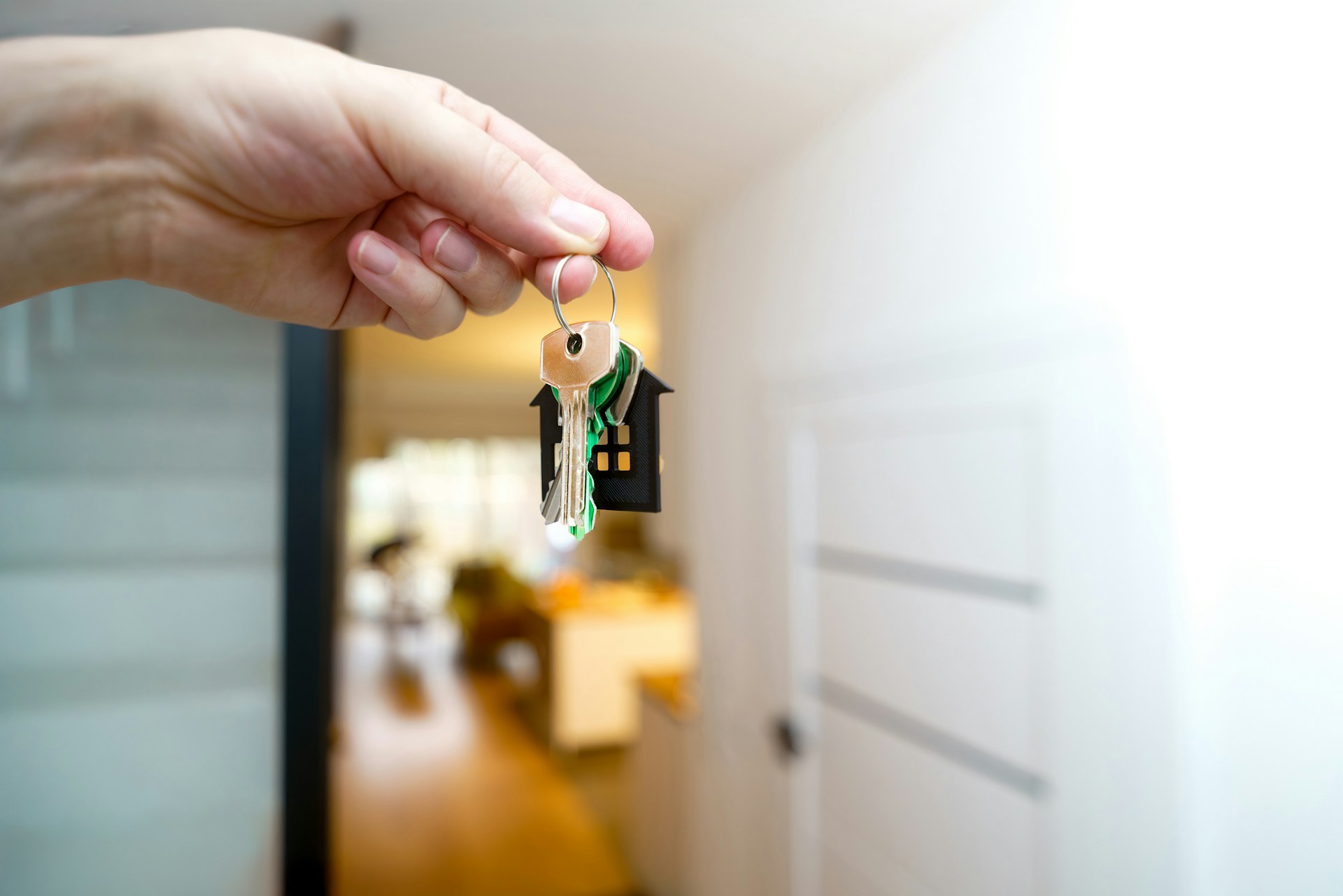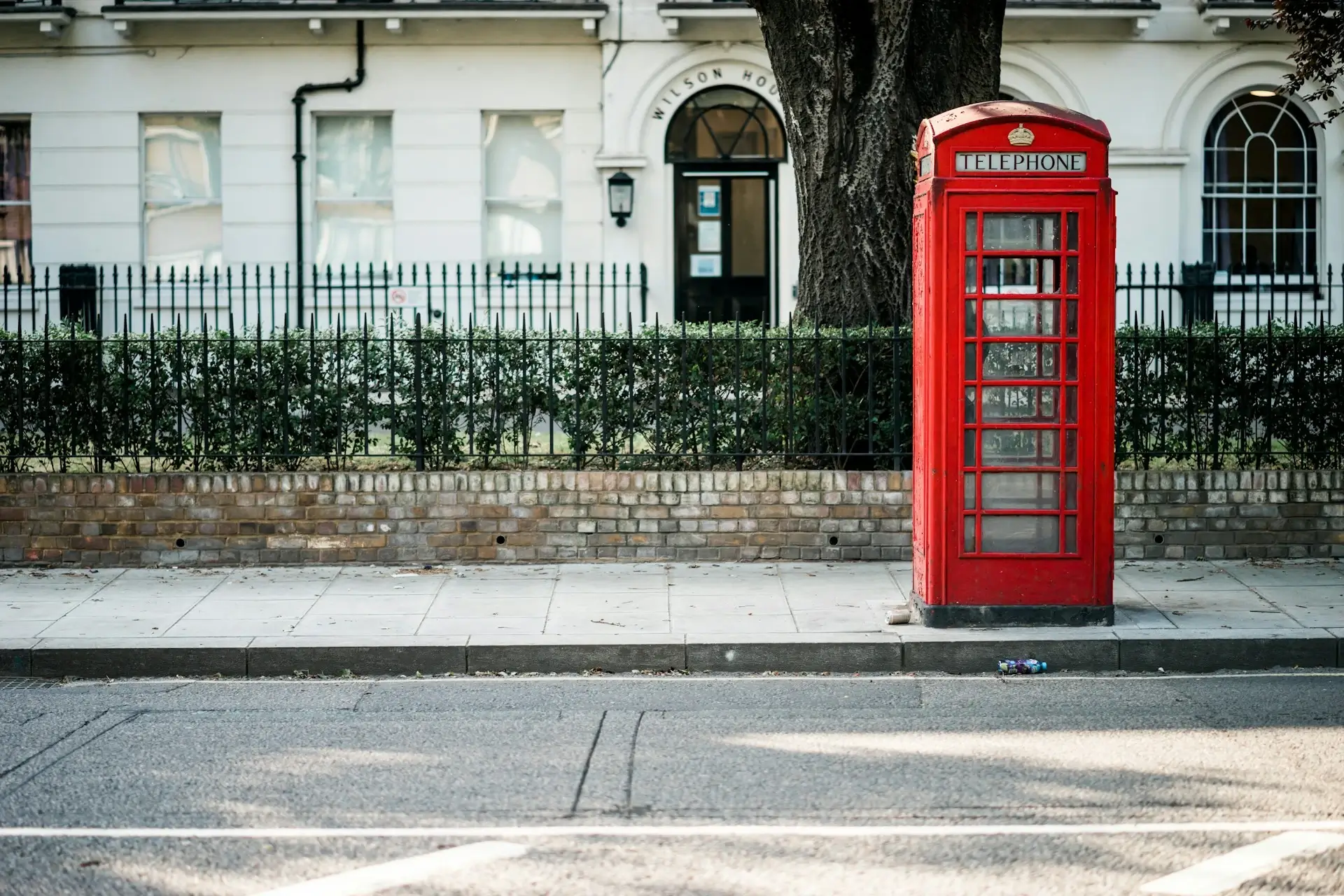Paying off your mortgage early can help you benefit from paying less interest, being free of mortgage debt, and saving some money. However, it is not easy to manage. There are a few important points to avoid in order not to come across any additional drawbacks. So, before making your final decision about “should I pay off my mortgage early?”, you must be aware of the potential handicaps. In this article, we hope to give you all the necessary information on early mortgage payments.
Key Takeaways
- A mortgage payment means the amount of money you pay regularly to your lender to repay the loan you took out to buy your home. Paying it early can make you save interest.
- Remortgage options include overpaying, paying a lump sum, shortening your mortgage term, and offset mortgages.
- Before deciding on when to pay off your mortgage early, always think about it carefully. There are more mortgage options available; however, finding out which one suits you better is all about your financial situation. You can prefer to pay off your mortgage; on the other hand, investing the same amount of money in a pension can make you save more money.
Mortgage Options: How Can You Pay Off Your Mortgage Payments Early?
There are basically four paths to pay off your mortgage early. These include overpaying, paying a lump sum, shortening your mortgage term, and offset mortgages.
1. Overpaying
By overpaying on your monthly payments, you can save money on your interest and reduce your mortgage term. In the UK, you can overpay by up to 10% each year. However, it is always good to ask your lender before making a move. Usually, lenders charge extra fees in the UK. They may not even allow you to do this in your monthly payments.
2. Paying a Lump Sum
Paying a lump sum, on the other hand, is good if you have the chance, as it will help you save a lot of money on interest. However, you may face early repayment charges (ERCs). The strategic move you could make in this case is to learn how much you will pay in ERC and compare it to your interest savings.
If it is lower than how much you will save via mortgage payments, then you can go for a lump sum payment. However, if it is higher than your mortgage interest rate, the best move is not to pay off early.
3. Shortening Mortgage Term
You can also consider shortening your mortgage term. It will increase the amount you will pay monthly.
4. Offset Mortgage
If you have extra money in the bank or leftover at the end of the month, an offset mortgage could be a good option. It links your savings account to your mortgage. Then, it uses the savings to reduce the interest you pay and help you pay off the loan faster. Plus, it can help you avoid early repayment fees.
Should You Make an Early Mortgage Payment?
Deciding on whether you should pay your mortgage loan early can be a hard decision to make. However, once you compare the ups and downs of it, you will have a clear picture in your mind to decide when to pay off the mortgage.
Now let’s compare the pros and cons of it.
Benefits of Paying Off Your Mortgage Early
By making your mortgage payments early, you can take advantage of the following benefits:
- You save money on interest, as paying off the loan early reduces the total amount of interest you will pay over time.
- You become debt-free, which can give you peace of mind and reduce financial stress.
- Your monthly cash flow improves, since you no longer have to make mortgage payments.
- You reduce financial risk, especially in case of income loss or unexpected expenses.
- You fully own your home, eliminating the risk of repossession by the lender.
- You may improve your credit profile, as having no mortgage can reduce your overall debt burden.
Disadvantages of Paying Off Your Mortgage Early
Now that we have covered the advantages of it, let’s have a look at its disadvantages:
- You may face early repayment charges if you’re still within a fixed-rate or special deal period, which can reduce or cancel out the financial benefit.
- You lose liquidity, since the money you use to pay off your mortgage is tied up in your property and not easily accessible in an emergency.
- You might miss out on higher investment returns, as investing that money elsewhere could potentially earn more than your mortgage interest rate.
- You could reduce your tax efficiency, especially if you are using mortgage interest strategically in buy-to-let or business scenarios.
- You might neglect other financial priorities, such as building an emergency fund, paying off higher-interest debts, or contributing to retirement savings.
- You may limit your flexibility, as it’s harder to access cash once it’s used to pay off a mortgage, compared to keeping funds in savings or investments.
Pros and Cons Comparison Table for Early Mortgage Repayments
| Pros | Cons |
| Save money on interest payments | Possible early repayment charges |
| Become debt-free and gain peace of mind | Lose liquidity, money tied up in property |
| Improve monthly cash flow (no payments) | Miss out on potentially higher investment returns |
| Reduce financial risk | Could neglect other priorities like retirement or emergency savings |
| Own your home outright | May limit flexibility in accessing funds |
| Improve credit profile | Not the best use of funds if the mortgage rate is low |
Mistakes to Avoid When Paying Off Your Mortgage Early
Though it looks simple, you can be careful to avoid extra charges if you make your repayments early. Below, we have listed the most common ones for you.
- You have to check if there is any early repayment charge. It can cost you thousands in unnecessary fees, especially if you have a fixed-rate mortgage.
- If you use all your account savings to pay off your mortgage, you can be left without any emergency fund. So, it is always best practice to assess your situation carefully.
- If you neglect your higher-interest debts in the name of paying off low-interest debts, you might end up in a poor financial decision.
- You must learn your lender’s annual limit for overpaying. If not, you can end up paying penalties, which can cost you a lot.
- You might disregard your potential investment opportunities. In other words, it may be better for you to invest your money. You may get more returns than the interest you are saving due to the early repayment.
- If you do not have a financial plan, you can regret it, especially if that money might have been better used elsewhere.
Tax Implications for Early Mortgage Payments in the UK
In the UK, paying off your mortgage early in the UK, generally does not make you liable to taxation. Therefore, there are key considerations to be aware of. By paying off your mortgage payments early, you get a better interest rate, not a lower taxable income. However, the income you earn is not subject to income tax.
If you have a buy-to-let mortgage, you can no longer claim the 20% tax credit on mortgage interest. This could increase your tax liability on rental income.
FAQs on Paying off your Mortgage Early
Should you pay off your mortgage early or invest?
While making your decision here, you should ask yourself this question: How much of my money will bring me a good return? Take this, for example. You pay off your mortgage loan early and save £10,000 on the interest. On the other hand, you could invest the same amount of money in a real estate purchase and gain around £60,000. This scenario could be reversed, so it is all up to you how you will preserve your savings.
Can you pay off a mortgage early without penalty in the UK?
Yes, you can pay off a mortgage early in the UK, but you may face an Early Repayment Charge, especially if you’re still in a fixed-rate or special deal period. You can also keep in mind that most lenders allow you to overpay up to 10% per year without a penalty. After the fixed term ends, you can usually repay in full without an ERC.
Should I use an inheritance to pay off my mortgage?
You can use your inheritance to pay off your mortgage early. However, if the mortgage rate is low and you could invest the money for higher returns, it might be better to keep the mortgage and invest instead.
Does overpaying a mortgage affect remortgaging?
You can overpay your mortgage and reduce your mortgage balance. This can improve your loan-to-value and help you get better remortgage deals. Nevertheless, be aware that you may incur early repayment charges, so always check with your lender.




